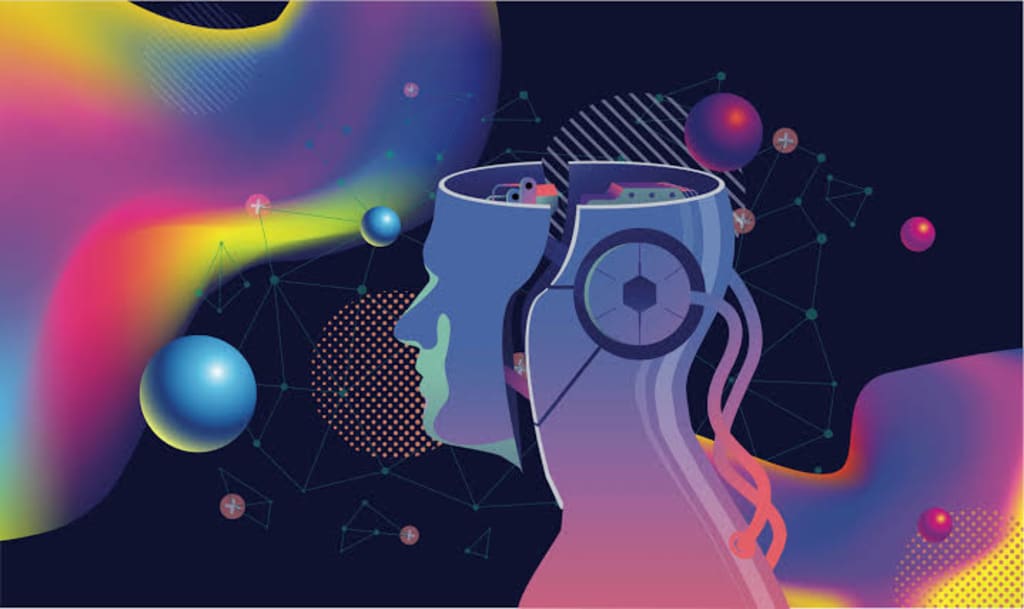Examining Artificial Intelligence: Balancing its Prospects and Perils
The growing attention on Artificial Intelligence (AI)

Examining Artificial Intelligence: Balancing its Prospects and Perils
Artificial Intelligence (AI) has been the subject of much discussion in recent years. While it offers exciting opportunities for transformational change in various industries, it is also crucial to assess its efficacy and potential risks. This article examines AI and its impact on society, discussing its performance compared to human experts, its influence on employment, its potential impact on privacy and security, its potential for bias and discrimination, and its ethical implications.
Performance Compared to Human Experts
AI has surpassed human performance in several areas, such as speech and image recognition. This is due to AI algorithms processing extensive amounts of data at a faster pace than humans, and they can learn and improve over time. However, there are areas where AI is yet to catch up with human expertise. For instance, AI cannot replicate the empathy and emotional intelligence of human beings, making it challenging to use AI in roles like counseling and social work. Therefore, while AI is an excellent tool for automating certain tasks, it is essential to recognize that it is not a substitute for human judgment in all areas.
Influence on Employment
There are concerns that AI will automate several jobs, leading to significant job losses. However, others argue that AI will generate new job opportunities, particularly in fields like data analysis and programming. It is important to critically evaluate AI's potential impact on employment and equip workers with the necessary skills to navigate the expected changes. It is also crucial to consider how AI can enhance the work of human experts, enabling them to focus on more complex tasks that require human creativity and problem-solving.
Potential Impact on Privacy and Security
One of the most significant concerns about AI is its potential impact on privacy and security. AI algorithms require vast amounts of data to learn and improve, including personal information like names, addresses, and social security numbers. There is a risk of this data being stolen or misused, resulting in identity theft or other forms of fraud. It is imperative to evaluate the security measures in place to safeguard this data and ensure that they are robust and up-to-date. This includes assessing the data collection, storage, and sharing policies of AI developers and users.
Potential for Bias and Discrimination
Another concern about AI is its potential to exhibit bias and discrimination. AI algorithms can only be as good as the data they are trained on, and if the data contains biases or discrimination, the algorithm will learn and perpetuate these biases. For instance, facial recognition algorithms have shown to be less accurate in recognizing people of color, leading to concerns about racial bias. It is essential to carefully examine the data used to train AI algorithms and ensure that it is unbiased and representative. This includes diversifying the teams that develop and test AI systems to prevent unconscious bias and ensuring that AI is tested for bias regularly.
Ethical Implications
Lastly, it is crucial to consider the ethical implications of AI. AI can make several decisions that were previously made by humans, like determining who gets hired for a job or who gets approved for a loan. It is necessary to evaluate the ethical considerations of these decisions and ensure that they are fair and unbiased. Some experts have proposed developing ethical guidelines for AI, akin to the Hippocratic Oath for doctors. These guidelines could include principles like ensuring that AI decisions are transparent, accountable, and made in the best interest of all stakeholders.
Conclusion
In conclusion, AI has the potential to transform various industries and enhance our lives. However, it is vital to evaluate its efficacy and potential risks carefully. This includes comparing its performance to human experts, examining its impact on employment, assessing its potential for bias and discrimination, evaluating its impact on privacy and security, and considering its ethical implications. By comprehensively evaluating these factors, we can ensure that AI is developed and implemented ethically and responsibly for.
About the Creator
Enjoyed the story? Support the Creator.
Subscribe for free to receive all their stories in your feed. You could also pledge your support or give them a one-off tip, letting them know you appreciate their work.





Comments
There are no comments for this story
Be the first to respond and start the conversation.